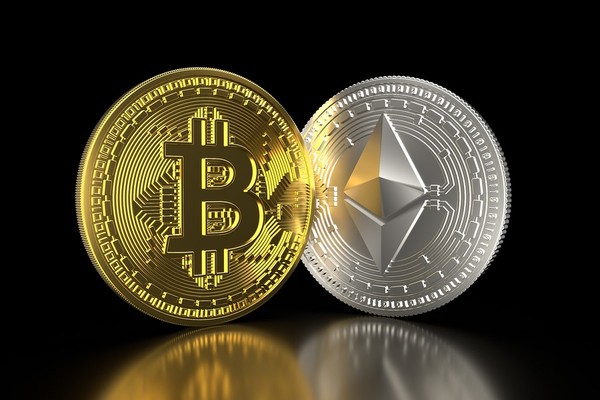**Blockchain: From Tech Hype to Everyday Essential**
People sometimes still discuss blockchain as a futuristic idea—something that lives in tech circles or ambitious startup plans. But blockchain is already here, shaping how industries work behind the scenes. It’s the digital backbone of cryptocurrencies and a rapidly growing list of other systems.
At its core, blockchain is a shared record that stores data in blocks, which are linked together so nothing can be easily changed. This structure builds trust, eliminating the need for a central authority and offering transparency and security.
—
**Blockchain in Gambling and Gaming**
One of the most visible uses of blockchain is in online gambling. Digital casinos are increasingly embracing cryptocurrency to make payments faster and more secure. Traditional transactions often move through layers of banks and processors, but crypto travels directly between players and platforms—cutting out the middle steps. It’s quick, borderless, and efficient.
An exciting development is the rise of “provably fair” gaming and Web 3.0 integration. Some blockchain casinos use the technology to prove the fairness of results, allowing players to verify that outcomes are genuinely random and fair. For example, PeerGame offers a wide selection of games featuring Web 3.0 integration and provably fair mechanics, as well as flexible options for moving funds in and out of accounts.
Slot games are a big part of this movement. Entire crypto casinos focus on them, with themes ranging from futuristic science fiction to classic fruit machines. While the games may look familiar, the technology and currency behind them set blockchain casinos apart. This blend of fun and innovation is making blockchain gambling one of the fastest-growing corners of the gaming world.
—
**Supply Chains Get Smarter**
Blockchain is transforming how products move from place to place. Supply chains are typically complex, especially when goods travel through multiple factories, warehouses, ports, and ultimately, into our stores. Tracking each step is tough, and errors or delays are common.
Blockchain acts like a permanent digital logbook, recording every stage in the journey. Everyone involved can see updates on the shared chain—so a shipment of coffee beans can be traced from the farm all the way to the café. Likewise, a batch of medicine can be tracked from the factory to the pharmacy shelf. Each update adds a new block of verified information, resulting in less confusion and more trust.
Big brands are already using blockchain methods to prove authenticity and streamline their supply chains, delivering greater efficiency and transparency.
—
**NFTs and Digital Ownership**
The explosion of NFTs—or non-fungible tokens—showcases another major use of blockchain. While headlines focused on digital art sales or collectibles, the idea behind NFTs is much broader. NFTs use blockchain to prove ownership of unique digital items.
Before blockchain, digital content could be copied endlessly with no way to determine which was the “original.” NFTs changed this by giving each item a unique code on the blockchain. Artists now sell their work directly to audiences, and fans can buy and trade items with proof of authenticity.
Some online games have built entire economies around NFT-based characters or items, blending entertainment with unique digital ownership. Though the NFT space is still evolving and frequently debated, its core technology looks set to remain part of the digital landscape.
—
**Banking and Beyond**
Financial services are another arena where blockchain is making a mark. Where transfers once took days, some can now happen in seconds. Blockchain supports peer-to-peer payments and even decentralized finance systems—services that run without traditional banks.
Businesses use blockchain to record internal transactions securely. The same principle adapts to other sectors where data must be secure and transparent: real estate companies test blockchain for tracking property sales, while healthcare systems explore it for managing medical records.
—
**The Everyday Future**
What’s most fascinating about blockchain isn’t just where it’s used now, but where it’s headed. As technology becomes easier to understand and use, blockchain might fade into the background—silently powering systems people rely on daily without them even realizing.
The aim isn’t simply to digitize everything, but to make life simpler, safer, and more convenient. Blockchain isn’t a buzzword—it’s already working quietly in dozens of industries.
– Gambling and gaming demonstrate its potential for fairness and speed.
– Supply chains leverage it to track goods and build trust.
– NFTs provide digital items with true ownership.
– Finance keeps finding new ways to benefit from it.
Blockchain doesn’t just store data—it proves it. That’s what makes it such a powerful and effective tool. Many experts are confident in the central role blockchain will play in the future of finance—and in many other industries as well.
https://bitcoinethereumnews.com/blockchain/real-world-examples-of-blockchain-in-action/
